This year’s theme is Our Planet, Our Health: Clean our Air, Water, and Food. The World Health Organization (WHO) sponsors this annual awareness day to draw attention to specific global health issues. They chose April 7th because it marks the founding of WHO in 1948.
This year, the campaign has a multipronged focus exploring how pollution (in its many forms) and the climate crisis negatively impact the planet and human health. They urge leaders, corporations, and individuals to promote and practice healthful eating, energy conservation, and anti-pollutive habits. Acknowledging the interconnectedness of the health of our planet to human well-being, this year’s message encourages a holistic approach to health at every level—from societies, governments, and health facilities to the individuals that populate them.
UW Resources
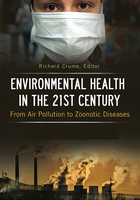 Environmental Health in the 21st Century: From Air Pollution to Zoonotic Diseases (2018). This text provides encyclopedic entries on environmental health topics.
Environmental Health in the 21st Century: From Air Pollution to Zoonotic Diseases (2018). This text provides encyclopedic entries on environmental health topics.
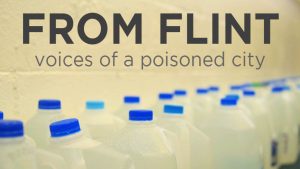 From Flint: Voices of a Poisoned City (2017). This documentary details the water contamination crisis in Flint, Michigan and the devastating impact on the families living there.
From Flint: Voices of a Poisoned City (2017). This documentary details the water contamination crisis in Flint, Michigan and the devastating impact on the families living there.
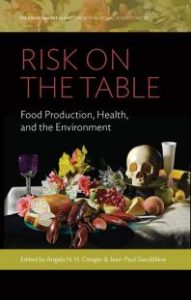 Risk on the Table: Food Production, Health, and the Environment (2021). This text covers the history of food safety with respect to environmental issues and consumer health.
Risk on the Table: Food Production, Health, and the Environment (2021). This text covers the history of food safety with respect to environmental issues and consumer health.
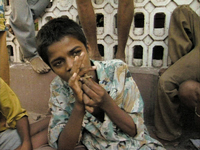 India Inhales (2017): A documentary on tobacco use in children in India and the rise in cancer cases as a result of this use. While harmful to human health, tobacco use is also an environmental issue.
India Inhales (2017): A documentary on tobacco use in children in India and the rise in cancer cases as a result of this use. While harmful to human health, tobacco use is also an environmental issue.
 All We can Save: Truth, Courage, and Solutions for the Climate Crisis (2020). Editors Dr. Ayana Elizabeth Johnson and Dr. Katharine Wilkinson present a collection of essays from women environmental activists, lawyers, and scientists. Also lending their voices to this anthology are various feminist poets and artists who are passionate about the climate movement.
All We can Save: Truth, Courage, and Solutions for the Climate Crisis (2020). Editors Dr. Ayana Elizabeth Johnson and Dr. Katharine Wilkinson present a collection of essays from women environmental activists, lawyers, and scientists. Also lending their voices to this anthology are various feminist poets and artists who are passionate about the climate movement.
Cover image credit:
World Health Organization. (2022). Our Planet, Our Health. Retrieved from https://www.who.int/campaigns/world-health-day/2022/

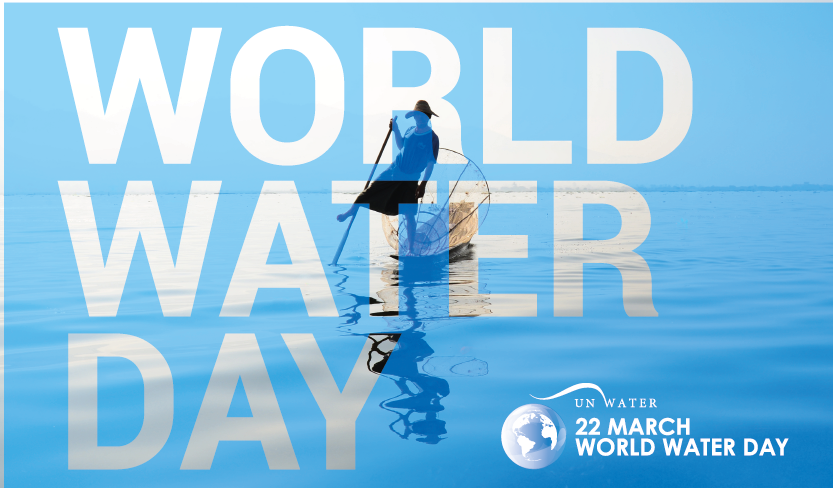
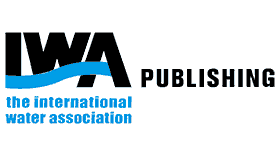 Journal of Water and Health
Journal of Water and Health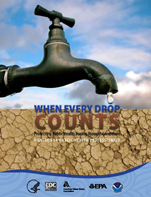 When Every Drop Counts : Protecting Public Health During Drought Conditions--A Guide for Public Health Professionals
When Every Drop Counts : Protecting Public Health During Drought Conditions--A Guide for Public Health Professionals The Water Cries
The Water Cries Groundwater as a Key for Adaptation to Changing Climate and Society
Groundwater as a Key for Adaptation to Changing Climate and Society
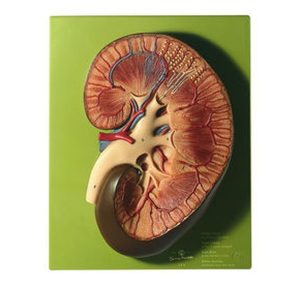
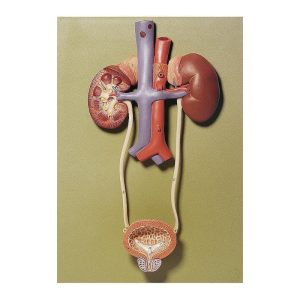

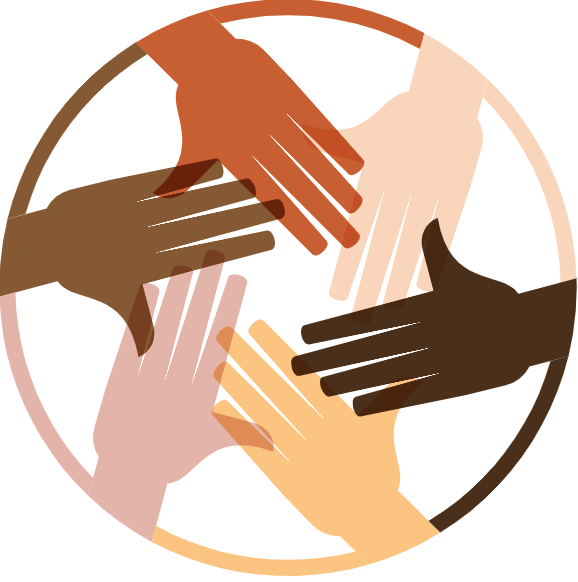
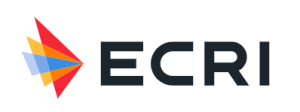
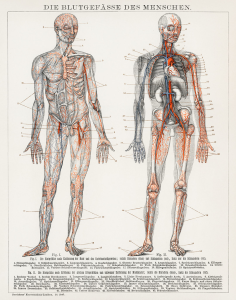

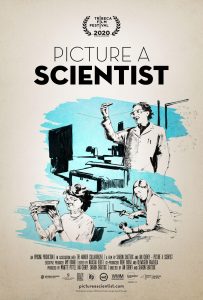 Picture a Scientist
Picture a Scientist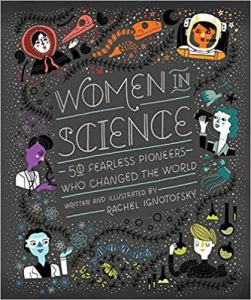 Women in Science : 50 Fearless Pioneers Who Changed the World
Women in Science : 50 Fearless Pioneers Who Changed the World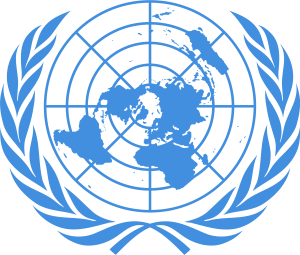 United Nations Water Facts: Water and Gender
United Nations Water Facts: Water and Gender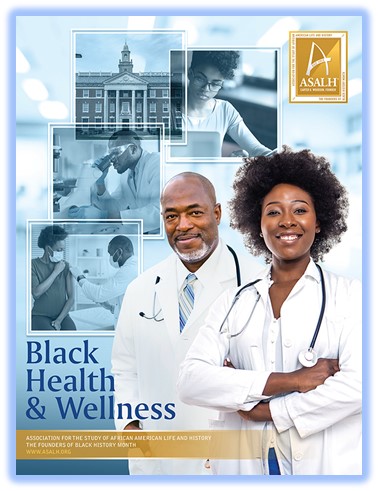
 Medical Apartheid: The Dark History of Medical Experimentation on Black Americans from Colonial Times to the Present
Medical Apartheid: The Dark History of Medical Experimentation on Black Americans from Colonial Times to the Present Black Faces, White Spaces: Reimagining the Relationship of African Americans to the Great Outdoors
Black Faces, White Spaces: Reimagining the Relationship of African Americans to the Great Outdoors Care for the Mental and Spiritual Health of Black Men: Hope to Keep Going
Care for the Mental and Spiritual Health of Black Men: Hope to Keep Going

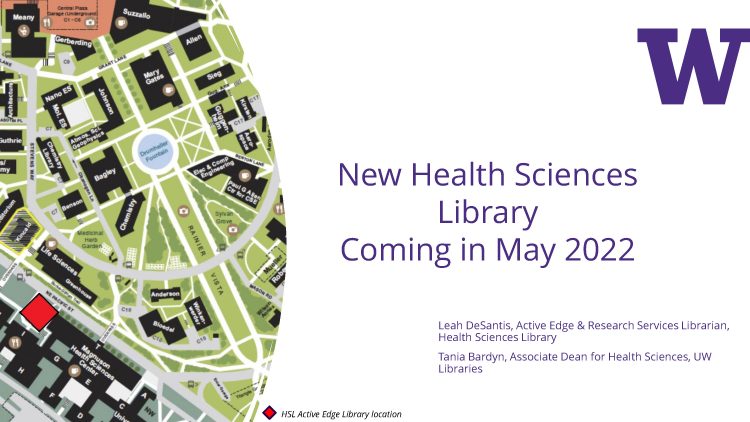

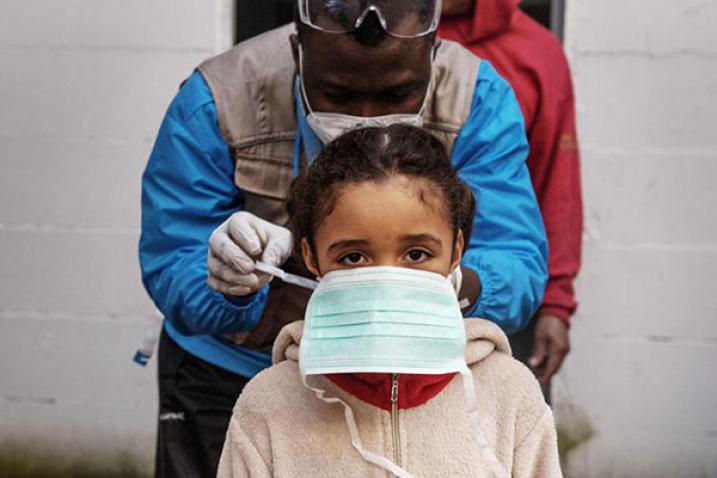
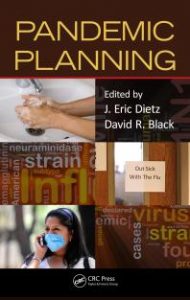
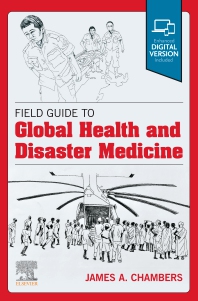 Field Guide to Global Health & Disaster Medicine
Field Guide to Global Health & Disaster Medicine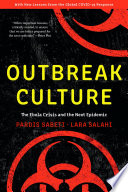 Outbreak Culture: The Ebola Crisis and the Next Epidemic, With a New Preface and Epilogue
Outbreak Culture: The Ebola Crisis and the Next Epidemic, With a New Preface and Epilogue